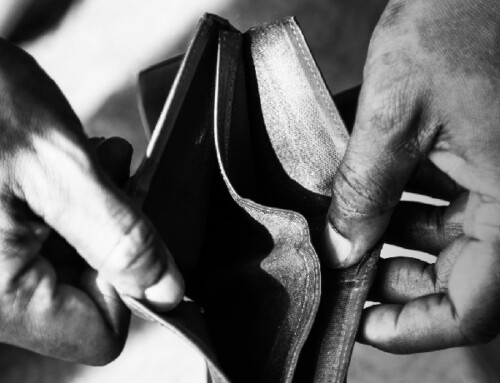The recent sheriff appeal court judgment in the case of Duthie v Findlay (2020 SAC (Civ) 13) upheld a sheriff’s decision to make no award in a financial claim made by one half of a cohabiting couple following their separation. The relationship had lasted for over 15 years. But in what circumstances might the court consider making no award at all?
In this case, the appellant tried to make a financial claim on the basis that the respondent had suffered an economic advantage as a result of the appellant’s financial contribution towards their shared lifestyle. The main asset at issue was a property purchased in joint names but using the proceeds of sale of a property owned solely by the appellant. The economic advantage also involved the appellant financing a car and providing other financial support to the respondent throughout the relationship. The couple enjoyed a lifestyle which the sheriff referred to as “relatively luxurious” and was largely funded by the appellant. The appellant wanted a financial award to be made by the court to allow him to recoup some of the funds he put into the relationship and, in particular, into the property owned in joint names. The respondent opposed the making of any financial award and sought to retain her half share of the property.
Fairness is essential
The sheriff, in taking account of the parties’ positions at the beginning and end of the relationship, considered that the making of a financial award would be unfair. The concept of fairness underpins all court decisions made in relation to financial matters between cohabiting couples. But “fairness” can be hard to define. In this case, the sheriff considered a number of factors in reaching what the appeal court has confirmed to be a fair outcome for both parties:
- Financial future – In this case the appellant would’ve been able to earn enough to build up savings relatively quickly. The respondent wouldn’t have. The court may consider whether one party has a greater ability to earn back what they put into the relationship.
- Income vs capital – In this case the respondent left the relationship with limited income but greater capital. The court may consider both income and capital in deciding whether to make an award.
- Joint decisions – In this case, both parties wanted the court to go back and look at financial decisions which they made together as a couple throughout their relationship. The court may be reluctant to unpick decisions made during a relationship when parties have separated years later and are litigating about finances in court.
- Context of contribution – In this case, although the appellant had financially supported the respondent, the respondent had contributed to the relationship in a non-financial way by providing a “solid domestic base” so that the appellant could earn his income. In making a decision, the court may look to the other factors at play within the relationship. Contributions such as childcare, domestic management and emotional support can all be relevant when considering whether a financial award is appropriate.
- Effect of an award – In this case, if the court decided to allow the appellant to recoup the funds he put into the parties joint home, the respondent would have been left in a difficult financial position. The sheriff also observed that the respondent may have had difficulty in obtaining a mortgage for a new property at the age of 64, without the capital from the joint property. The court may consider the effect of an award and whether that would leave an inequitable burden on one party compared to the other.
Take advice before you claim
This recent decision highlights the uncertainty which many people face when pursuing financial claims in court. It can be very difficult to consider matters objectively at what is often such a difficult time emotionally. Non-financial contributions also need to be accounted for, and these can be very difficult to quantify without experience in cohabitation claims. Johnson Legal are experts in cohabitation and are well placed to help you with financial claims following separation.
Call us now on 0131 622 8477 for a free initial consultation with one of our solicitors.







